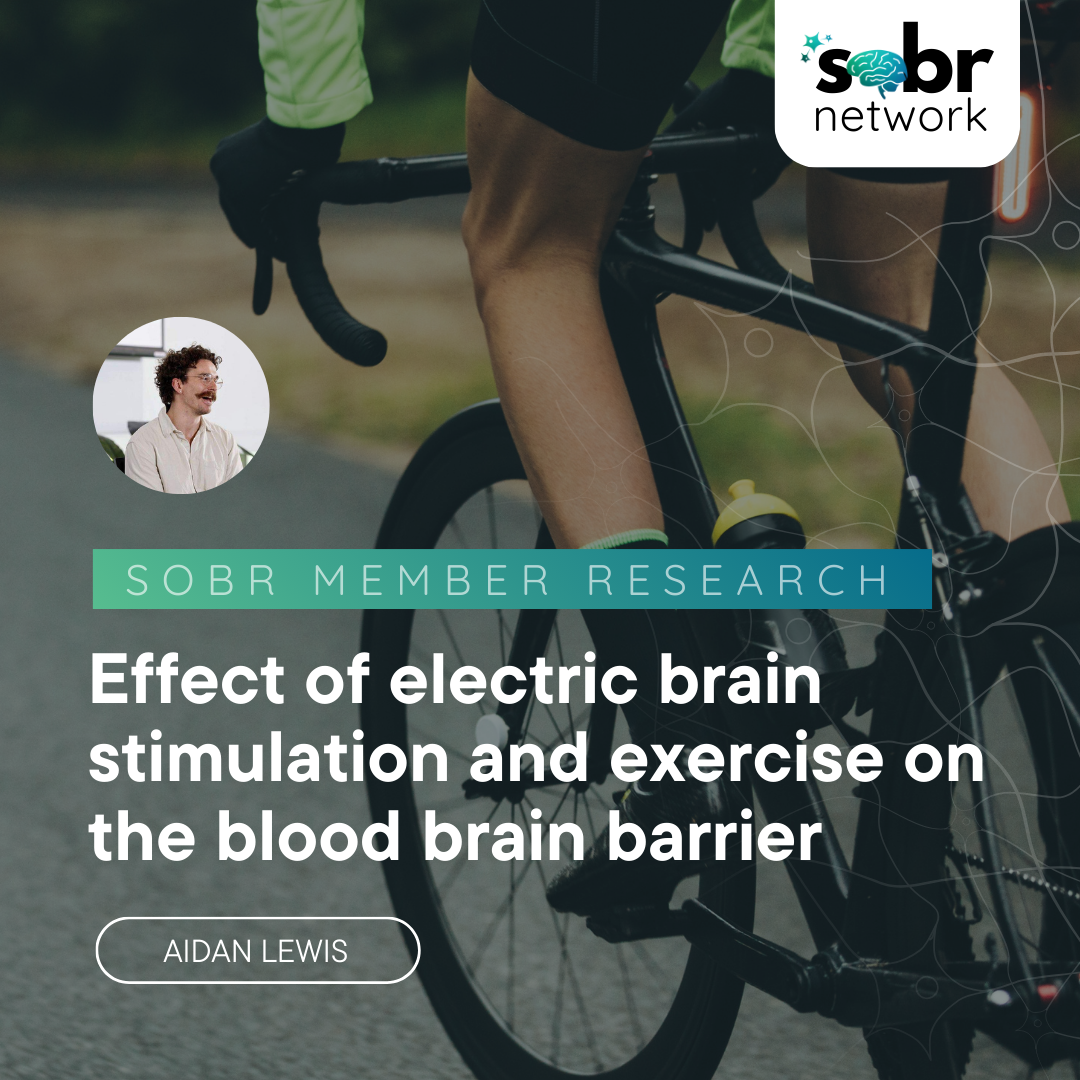
Brain Research
Highlighting research from members of SoBR
Interested in getting your research recognised by presenting at our 2024 Symposium? You’re in luck, abstracts are now open.
Have your research featured here by submitting an expression of interest.


Project ARISE
Approximately 75% of Australian adults have experienced at least one traumatic event, and approximately 18% of Australians will develop Posttraumatic Stress Disorder (PTSD), a mental health condition that includes distressing symptoms such as flashbacks, nightmares and extreme anxiety, at some point during their life. This is a significant public health issue, as PTSD leads to the highest use of healthcare resources among psychiatric disorders, is costly, and negatively impacts the quality of life of individuals living with the disorder.

The Universality of Facial Expressions
A large portion of our communication is nonverbal. We use hand gestures, change the pitch of our voices, and express our feelings through facial expressions like a raised eyebrow or a grin. Facial expressions, in particular, reveal a great deal about our emotional state. But are emotional facial expressions universally recognised?

Psychedelic-assisted therapy for Functional Neurological Disorder (FND)
Dr Chiranth Bhagavan, a consultant psychiatrist and PhD candidate at the Department of Psychiatry, University of Melbourne, is exploring the neuroscientific mechanisms involved in psilocybin-assisted therapy for Functional Neurological Disorder (FND). This PhD is part of a broader initiative exploring psilocybin-assisted psychiatric care and specialist physiotherapy in motor FND.

How blood pressure is key to brain health
The intricate connection between cardiovascular health and brain function is an important aspect in maintaining good health. Some key risk factors for dementia are also rooted in cardiovascular issues, emphasising the importance of maintaining a healthy heart for optimal brain health.

Effect of electric brain stimulation and exercise on the blood brain barrier
This study looks into how electric brain stimulation and exercise might affect a protective barrier in our brains called the blood-brain barrier.
